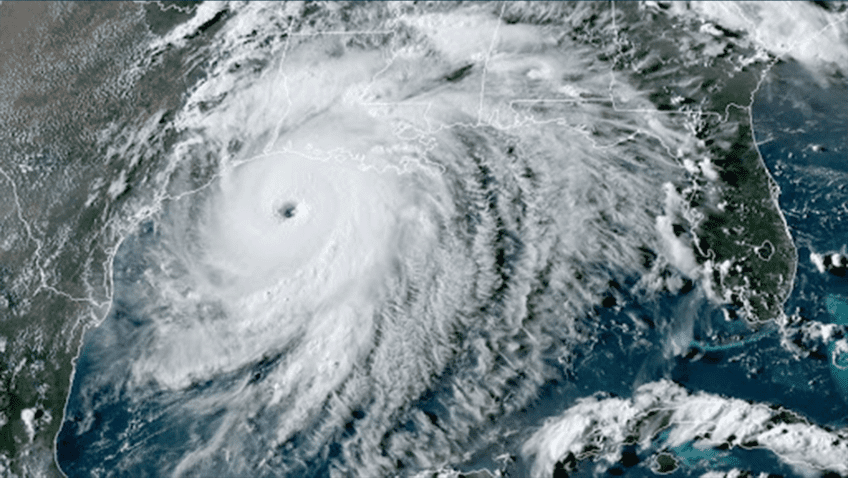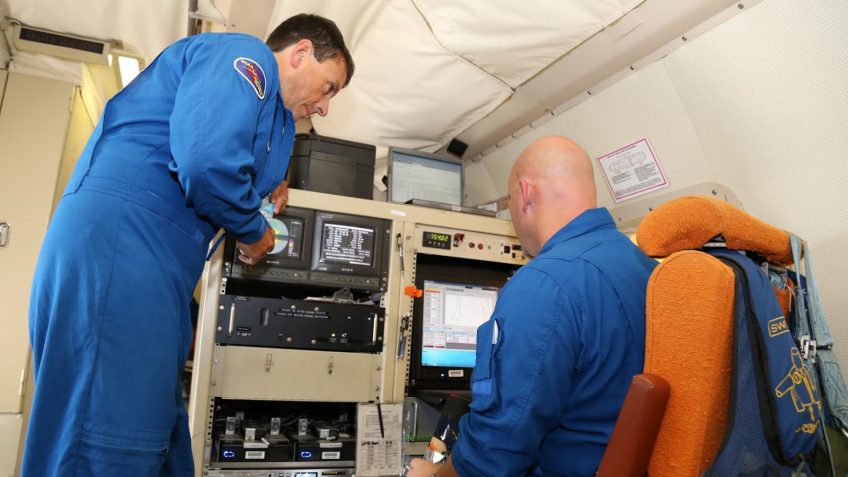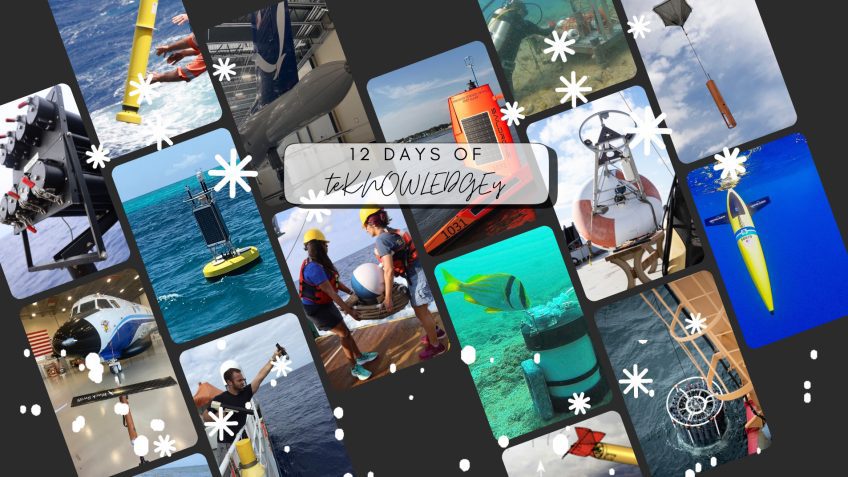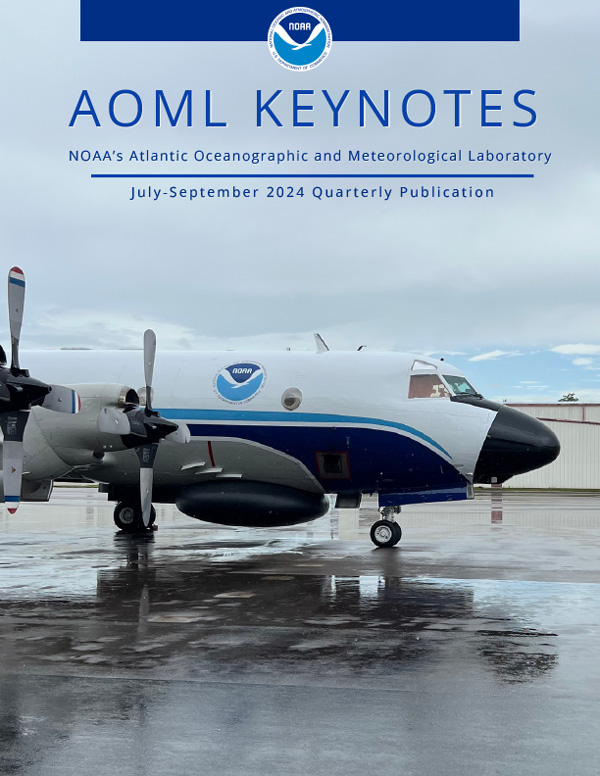Ocean Month: Identifying the ocean’s role in fueling hurricanes
Join us as we celebrate and learn about our world ocean throughout National Ocean Month. June 1st not only marks the start of National Ocean Month, it also is the first day of hurricane season. To kick off this year’s Ocean Month, we are looking at the major role the ocean plays in the formation […]
AOML scientists prepare for an active 2025 hurricane season
The 2025 Atlantic hurricane season started on June 1 and runs through November 30. NOAA predicts a 30% chance of a near-normal season, a 60% chance of an above-normal season, and a 10% chance of a below-normal season in the Atlantic basin this year: NOAA’s Atlantic Oceanographic and Meteorological Laboratory (AOML) will work with partners […]
2025 Hurricane Field Program Data
Hurricane Field Program Data 2025 Storms Click storm name to see data collected during each mission. Atlantic Basin Barry (AL02) Chantal (AL03) Misc East Pacific Basin Erick (EP05) Central Pacific Basin Please review HRD's Data Policy prior to downloading data. Most data available on this page are Level 2, quality controlled, data. Details on the [...]2025 Hurricane Field Program
Hurricane Field Program 2025 Season The 2025 Hurricane Field Program supports NOAA’s Advancing the Prediction of Hurricanes Experiment (APHEX). This page is organized by projects that support research into the lifecycle stages of storms, from genesis to end stage, as well as ocean observations and satellite validation. About APHEX: Developed in partnership with NOAA’s Environmental [...]What was the bumpiest hurricane flight ever? Scientists now have the answer with new flight bumpiness measurement system
Original article published by NOAA Research on March 31, 2025. Hurricane researchers know bumpy flights better than anyone else, but, after a particularly turbulent flight into Hurricane Ian, scientists were left wondering if it was the bumpiest flight on record aboard a NOAA WP-3D Orion hurricane hunter aircraft. This question led scientists to develop a […]
Early-career meteorologist, Jason Dunion, is a recipient of the prestigious PECASE award
Jason Dunion, Ph.D. – a Cooperative Institute for Marine and Atmospheric Studies (CIMAS) meteorologist affiliated with NOAA’s Atlantic Oceanographic and Meteorological Laboratory (AOML) – has been awarded the Presidential Early Career Award for Scientists and Engineers (PECASE), the most prestigious award granted by the U.S. government to exceptional scientists and engineers in the early stages […]
New NOAA system ushers in next generation of hurricane modeling, forecasting
Originally published on noaa.gov on January 13th, 2025. Accurate forecasts and early warnings from NOAA’s National Hurricane Center (NHC) — a division of NOAA’s National Weather Service (NWS) — are vital to safeguarding communities that are in the paths of hurricanes and tropical storms. As we kick off the new year, now is the perfect time to look back […]
12 days of teKNOWLEDGEy
Behind every research project at NOAA’s Atlantic Oceanographic and Meteorological Laboratory (AOML) are a suite of instruments. Whether descending to depths or weathering storms, these technologies are paramount to oceanic and atmospheric observations. Get to know 12 of these instruments with a new social media series: 12 Days of teKNOWLEDGEy! On the 1st day of […]
Innovation, insight and impact: groundbreaking research through the 2024 hurricane season
November 30th marks the official end of the 2024 Atlantic hurricane season. Throughout this active season, NOAA scientists set new records in tropical cyclone research that will improve forecasting accuracy, enhance our understanding of storm behavior, and strengthen preparedness efforts for communities in hurricane-prone regions. Their dedication and innovation contribute to a safer and more […]








